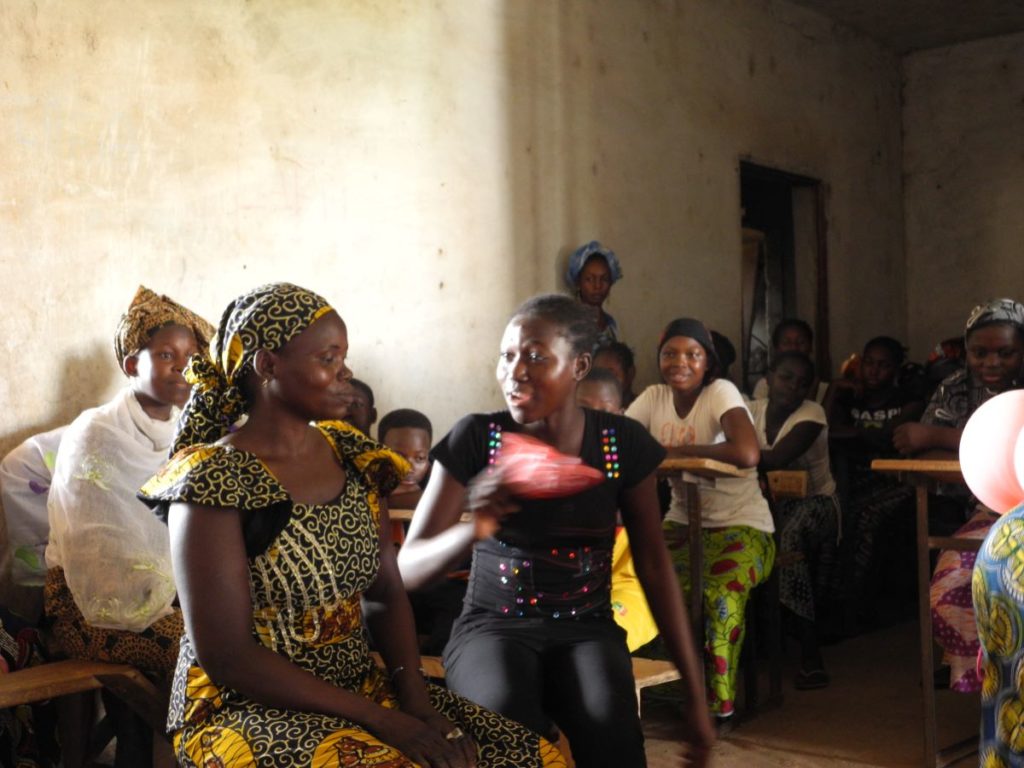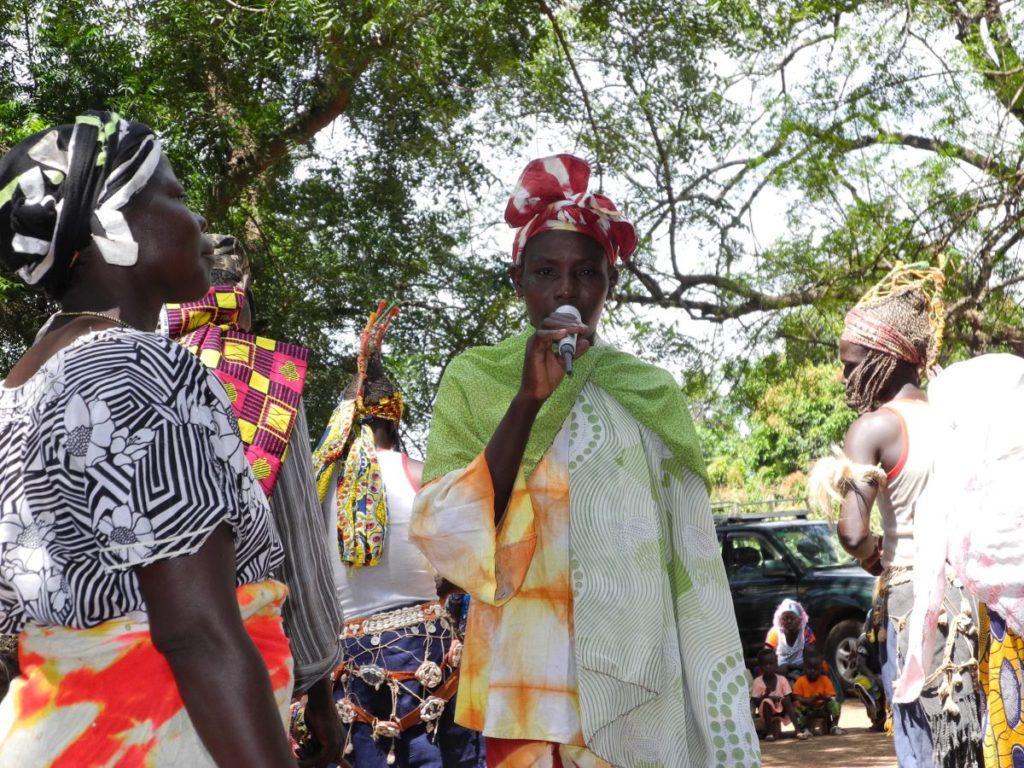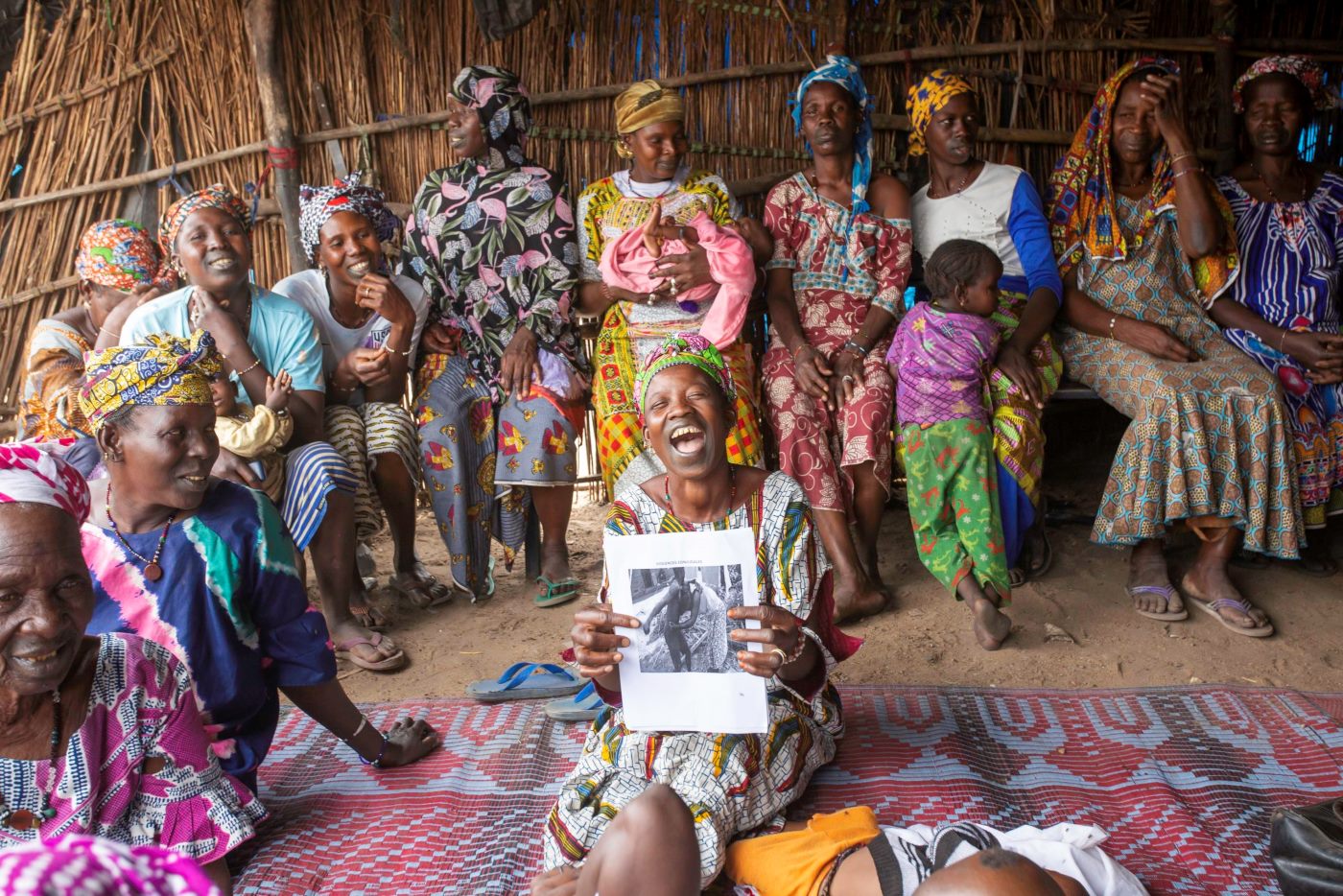The exploitation of domestic workers – the vast majority of whom are women – has slipped under the radar, leaving the barometers of human rights observers virtually indifferent, and is definitely a problem that the media do not like to dwell on too much.
Let alone tackle it.
They go so far as to claim that the problems of domestic staff (cleaners, nannies, gardeners, drivers) are just that: domestic problems, or even family problems, since the employees are supposed to be – as is naively or hypocritically claimed – part of the employer’s family, and therefore likely to settle their disagreements with the employer inside the employer’s home.

A difficult subject that Terre des Hommes Suisse and its partners do not intend to neglect
An unloved subject, an “orphan” issue, the problem of the often unfair treatment of domestic workers is an acute one both in the so-called “developed” countries and in many other countries around the world.
The situation is particularly worrying in West Africa, one of the areas in which Terre des Hommes Suisse works. Supporting the Association pour la promotion du droit et du bien-être de la famille (APSEF) since 2012, it is through this Bamako-based NGO that TdH Switzerland is tackling the risks faced by young African women who leave school and home to work in the city as ‘helpers’.

The reasons for this real rural exodus of women, the first negative effect of which is to keep these young Malian women away from school (many of them do not finish their education), are often very concrete. If they are not forced to go and work in the city by their own families, who are destitute and often lack the essentials, these young women, often teenagers, decide to do it themselves, and for the same reasons – to buy equipment that is essential for their parents’ work or to make up a wedding trousseau, the latter being an old tradition that young girls make a point of respecting. Then there’s the naivety: these young girls believe that their “chance” is imminent, that a good marriage in the big city or the sudden prospect of a prestigious job (even though they’ve just left school!), far better than that of the cleaning lady they’re about to become, will open the doors to a dream life and lift their family out of poverty for good.
The illusion of a dream life
But the hopes pinned on these young African women by films and TV series quickly fade, and the reality that unfolds before them is quite different. In some cases, they are even subjected to degrading treatment ranging from humiliating insults and verbal harassment to physical assault (including sexual assault) and food deprivation, not to mention false and abusive accusations of theft.
And all this within four thick walls and hushed interiors from which nothing leaks. Or very little.

Young Malian domestic workers discover their rights their rights
The problem of young Malian women is a complex one, combining several vulnerabilities that Terre des Hommes Switzerland combats in the countries where it intervenes: dropping out of school, risk of exploitation at work and violence against women.
APSEF’s first aim is to discourage the trend towards voluntary school drop-out and migration to the city, by warning young people of the risks involved. For those who have already taken this step, APSEF provides information and advice to help domestic workers understand and exercise their rights, thus avoiding as far as possible the danger of exploitation and the series of abuses that accompany their work. This is all the more imperative as many of them are children…
In 2021, a study on the rights of domestic workers in West Africa found that 31.37% were aged between 12 and 15, and 64.7% between 15 and 25. Conducted by the Senegal-based Centre de Recherche et d’Action sur les Droits Economiques, Sociaux et Culturels (CRADESC), this study officially reaffirmed the critical situation of “maids” in West African countries: overwork, lack of security, degrading treatment and very low wages.
That said, not all employers of domestic help are unscrupulous people who take advantage of their subordinates’ vulnerable condition – far from it! A good number have a respectful attitude towards their household staff or simply respect the law.
This is because serious labour legislation exists in many African countries and covers most aspects of the problem of domestic staff. This legislation is clear: it requires a written contract setting out a minimum wage for the domestic worker, days off and legal protection. The problems described above stem rather from the lack of systematic checks to ensure that the law is applied without fail, and from the fact that, at this stage – again due to a lack of resources – there are not enough initiatives to make employers aware of the rights of their helpers.
The mission assigned to Terre des Hommes Switzerland and its local partners is all the more valuable. Advising, guiding and enlightening employees about the legislation and the rights they enjoy as a result, these organisations are also working to raise awareness among employers who have been trained to treat their domestic helpers as employees with their own place in the home, their own rights and their own value. Their dignity.
Work like this puts a stop to abuse. More than that: it brings about a profound change in habits. A transformation of mentalities.

Taking action with Terre des Hommes Suisse
Every donation makes a difference to a child’s life.
Thank you for your support!

